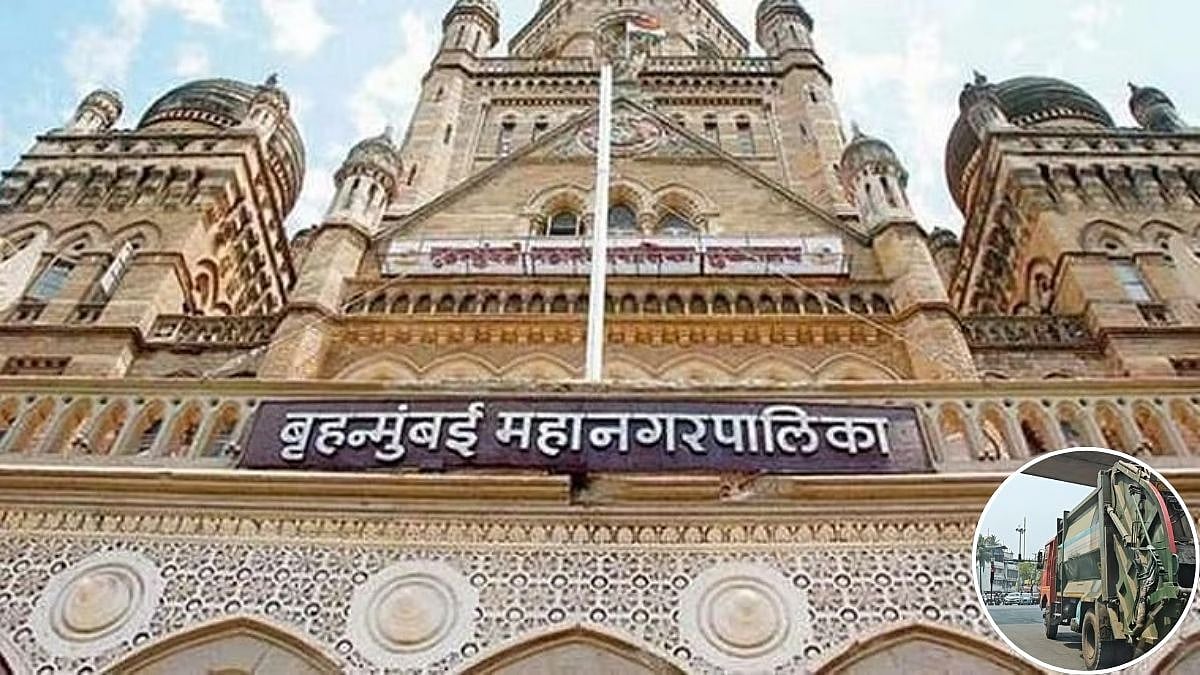Intraday trading aka day trading, as the name suggests, is buying and selling back what was bought the same a day and vice versa. Buy in the morning session and square off your position in the afternoon session and vice versa. Feverish legislative activity achieving no more good than a fever. That was how Late Nani Palkhiwala---the noted jurist whose post-budget speeches were more keenly looked forward to than the budget speeches themselves---described the sorry and mindless annual tinkering with of our income tax law.
Much the same can be said of the frenzied and collective restlessness one witnesses on the Indian bourses these days under the name of day trading. The trend is ominous because the swelling demat and trading accounts is largely attributed to the sudden middle-class interest in taking a bite of this luscious, seemingly low-hanging fruit.
It is not the claim of day trading enthusiasts that they serve some lofty cause like future price discovery. In fact, it is their candid admission that it is short-termism all the way---make profits by seizing the moment. A person who had bought in the morning and who is fortunate to find the quotation up a few hours later, exults and exits. But the one who finds to his dismay the price dipping in the same short time, exits and rues.
The catalyst and genesis of the feverish and heightened day trading were algo trading---trading executed with the help of highspeed computers hooked to colocation servers i.e., brokers’ servers located alongside BSE’s so that the stock exchange data on ongoing trading is accessed practically real-time i.e., in a matter of a few microseconds.
Colocation and its adjunct algo trading to be sure did not start in India but found its way into our country from the US stock exchanges. And to be sure the BSE has democratized colocational advantages by inviting all broker-members to install their servers inside the Ground Zero; i.e., where the BSE server is located.
The idea was to preempt the charges of informational asymmetry and information have-nots being left out of the sweepstakes. Banks and brokers in India have been liberal in distributing free apps to facilitate algo trading (split second decisions and implementation with the help of pre-instructions to be acted upon when price movements of specified scrips take place in the direction the investor desires) but sadly small investors do not have highspeed computers. So much so in algo trading the institutional investors are always one-up vis-à-vis the small investors . In short, small investors invariably and willy-nilly act a few microseconds too late.
In addition, the fact that practically every small day trader is propelled into action on the basis of such tips simultaneously robs these tips of their supposed esoteric or unique quality, thus making the tips not only too late but commonplace if not farcical. It is good that the SEBI is taking a wholesome relook into the entire issue.
SEBI must take cognizance of the fact that both the primary and secondary markets are increasingly becoming unsafe for small investors. The former once hailed as the ideal stepping stone for equity investments today ironically is the most dangerous territory, thanks to aggressive pricing that has come to characterize our IPOs.
Even loss-making companies charge mind-boggling premium under the 100 percent book-building route in which track record of profits is cast out of the nearest window. SEBI must launch an education campaign spelling out the dangers of day trading in a milieu where small investors stand no chance as they are invariably jostled out by the more fleet-footed institutional investors.
The income tax law rightly categorizes day trading as a speculative business--- transactions which are periodically or ultimately settled otherwise than by actual delivery of goods--but that contrary to the popular perception is not casting it into the doghouse. Speculative profits are taxed at the same rate as normal profits except that the two have to be separated from each other to ensure that speculative losses are set off only against speculative profits within four years.
There is no reason why day trading profits should not be taxed just like lottery and other windfalls are---30 percent tax i.e., the maximum marginal rate. The best interim solution would be to shut out day trading completely save for institutional and high net worth investors. Mutual funds can step in to take on brokers in this highspeed, split-second game.
Highspeed computers played a similar pivotally invidious role in mining of the cryptocurrency Bitcoin which involved cracking of complex mathematical quizzes. Those vested with such computational prowess ousted others who had to settle for the second best---buying from the market. BSE has done incalculable harm to the cause of stock market by adopting with alacrity the alien and decadent concept of colocation which in fact is responsible for the rat race called algo trading.
Price-sensitive information made public neutralizes insider trading in a scrip but allowing all and sundry to tap into the real-time happenings of stock market has proved to be counterproductive and chaotic---triggering feverish activities achieving no more good than a fever. SEBI must do everything within its power to disabuse the notion that stock exchange after all is a casino.
(The author is a veteran columnist and tweets @smurlidharan)









